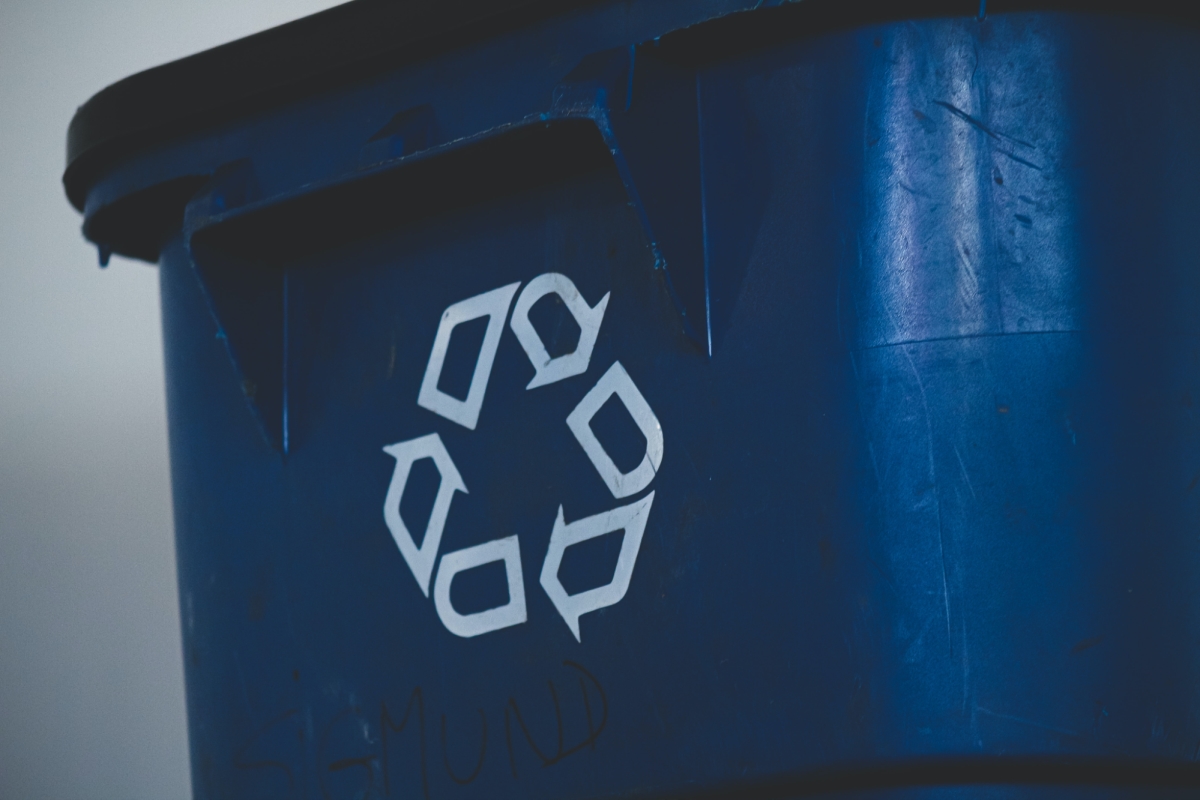Electronics recycling is a growing industry, and it’s one that has a lot of benefits for both the environment and your wallet. In this blog post, we will explore some of the key benefits of e-waste recycling and discuss some ways you can get started. From reducing environmental waste to reducing your cost of electronics, e-waste recycling is a great way to help both your environment and your wallet.
Why is E-waste Recycling Necessary?
The recycling of electronic waste (e-waste) is an important step in helping the environment and saving money. Here are six reasons why e-waste recycling is necessary:
1. E-waste contains hazardous materials that can be harmful if mishandled.
2. By recycling e-waste, we are reducing the number of hazardous materials that end up in landfills.
3. Recycling e-waste helps preserve our natural resources by reusing valuable materials instead of discarding them.
4. By recycling e-waste, we are helping to create jobs in the electronics industry and other related fields.
5. E-waste recycling can help reduce energy bills by recovering valuable resources such as metals and plastics from discarded electronic products.
6. Overall, e-waste recycling helps protect public health by preventing dangerous toxins from reaching our environment
Corporate E-wast effect on the Environment
There is no doubt that electronic waste (e-waste) is a growing problem. According to the United Nations Environment Programme, in 2012 e-waste accounted for 13 percent of all municipal solid waste. And by 2019, that percentage is estimated to rise to 22 percent.
This increase in e-waste has major environmental consequences. For one, it takes up a lot of space and resources to deal with it. E-waste processors must also deal with hazardous materials, which can lead to spills and accidents. Not to mention, much of the e-waste produced is not recyclable, meaning it just ends up in landfills or pollutes our environment.
Fortunately, there are ways to reduce the amount of e-waste we produce and put more money into the pockets of those who recycle it. Here are three tips for Corporate recycling your electronics:
- Make sure your devices are properly disposed of when they reach their end stage. This means dropping them off at an authorized recycler rather than throwing them in the trash.
- Be mindful of what you buy. If possible, try to buy products that are designed to be recycled rather than thrown away after use. This goes for electronics as well as other items like plastic bags and bottles.
- Educate yourself and your family about the dangers of e-waste and how to recycle it responsibly. It’s important that people know there are benefits to recycling
How to Handle the situation
There are many ways to recycle electronic waste (e-waste).
Some of the most common methods of recycling e-waste include:
1. Collection and sorting: When e-waste is collected, it should be sorted into different categories, such as computers, televisions, printers, cameras, etc. This helps to ensure that the right equipment is recycled and reduces the amount of unusable material that ends up in landfills.
2. Repair or refurbishment: E-waste that cannot be recycled can often be repaired or refurbished so that it can be used again. This creates jobs and reduces environmental degradation caused by discarded electronics.
3. Disposal in a responsible manner: If recycling is not an option for the e-waste, then it must be disposed of in a responsible manner. The best way to do this depends on the type of e-waste and local regulations. Some common methods of disposal include burning, burying, shipping overseas, or crushing and melting down the devices into their component parts.
Helping nature by doing E-waste recycling
There are many ways you can help nature by recycling your electronic waste. By doing this, you are not only helping the environment but also reducing your carbon footprint. Here are five tips to help you recycle your electronics responsibly:
1. Sort through your belongings: It’s important to sort through your belongings and separate out your recyclable materials before you start recycling. This will make the process easier and faster.
2. Check with local governments: Many local governments have specific regulations surrounding e-waste recycling, so it’s important to check with them first. If you live in a country without specific regulations, there are still a number of ways to recycle electronic waste responsibly.
3. Donate unwanted electronics: There are many organizations that accept unwanted electronics for free or for a small donation. By donating your old electronics, you are helping others and reducing the amount of e-waste going into landfills annually.
4. Find a responsible recycler: There are many responsible recyclers out there who will take care of your materials while they are being recycled. Look for a recycling company that is certified by the Electronic Waste Recycling Association (EWRA).
5. Educate yourself and others: The more educated people are about how to recycle responsibly, the better off our planet will be! Share this information with family and friends so they can reduce their impact on the environment too!
Conclusion
As the world becomes more and more crowded, it’s becoming increasingly difficult to find space to put our garbage. Not to mention, we’re now starting to see how recycling can actually help the environment and save money in the process!
In this article, we’ll take a look at what e-waste recycling is and why it’s such a valuable resource. We’ll also provide some tips on how you can start collecting your own electronics for recycling so that you can help keep our planet clean and healthy while saving yourself a few bucks in the process!
















